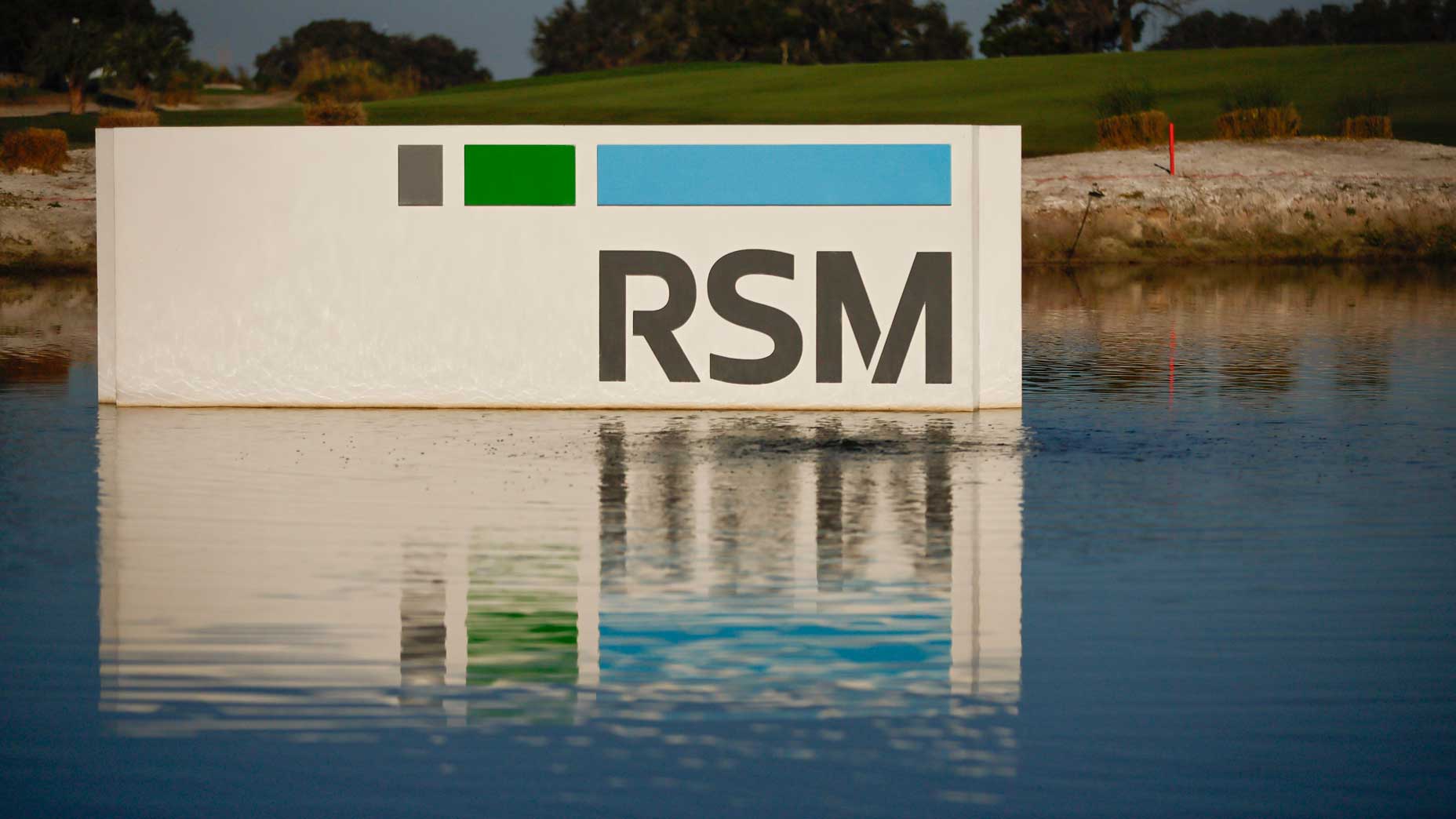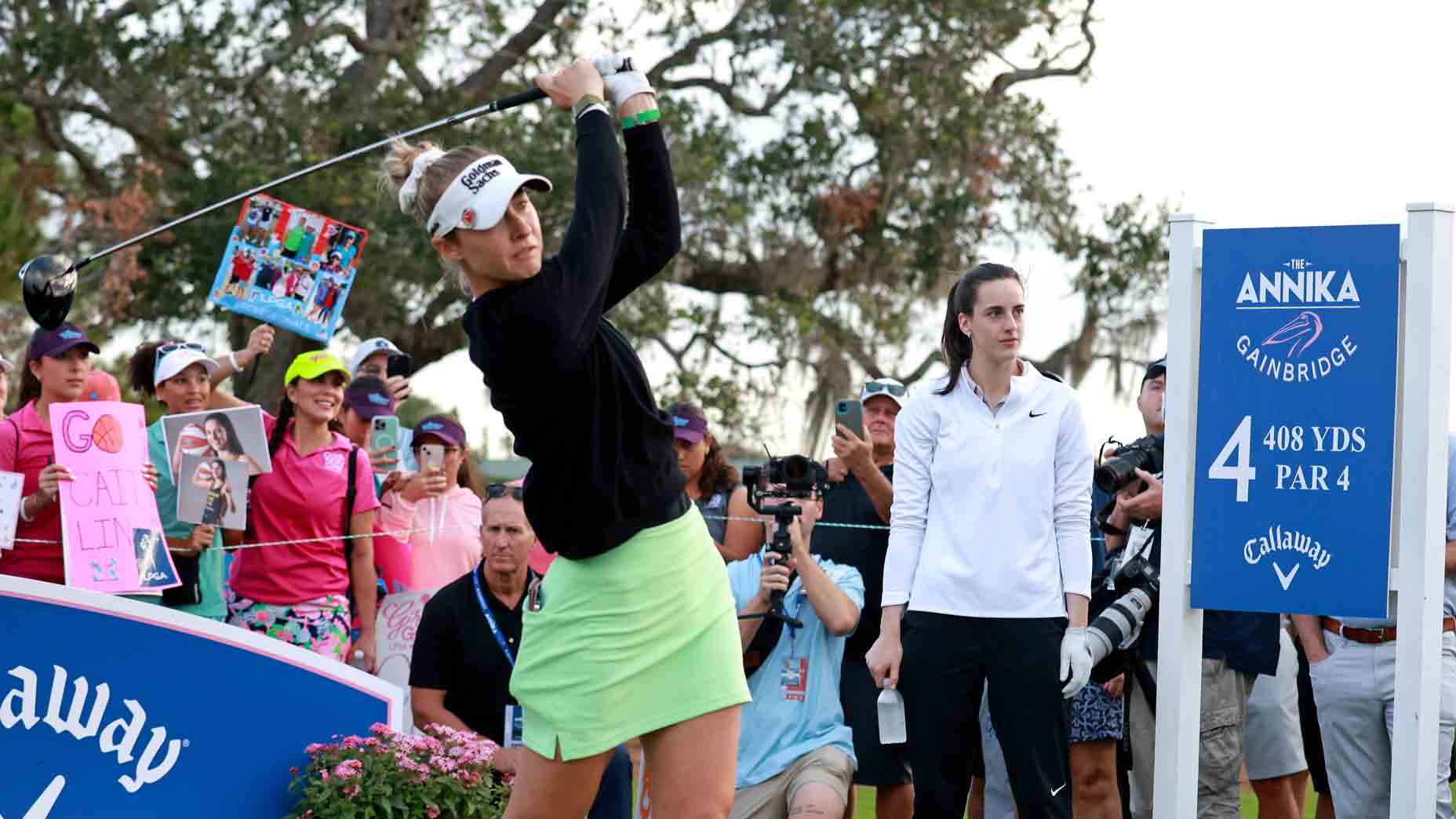The Masters theme song is as familiar as almost any theme music on television, and probably more widely recognized than that of any other sporting event. Come to think of it, what other sporting event has its own theme music?
You’ve heard the tune on CBS year after year, but you probably aren’t as well versed in the song’s creation. The song’s history has been widely reported on — this Deadspin story has all the details and an interview with the songwriter.
Dave Loggins, third cousin to Kenny Loggins and himself a musician, made his first trip to Augusta National in April 1981. Loggins was so immediately inspired by the setting, specifically that of the par-4 14th hole, that he created the beginnings of a song on the spot. Loggins was spectating alongside Ken Chance, an attorney who was also a close friend of CBS golf producer Frank Chirkanian. Chirkanian happened to be interested in some Masters theme music, and met Loggins that night.

By the 1982 Masters, the song was complete. “Augusta” was recorded in a Franklin, Tennessee, studio called Bennett House. Loggins composed both the music and the lyrics, which are as follows:
Well it’s springtime in the valley on Magnolia Lane
It’s the Augusta National and the master of the game
Who’ll wear that green coat on Sunday afternoon?
Who’ll walk the 18th fairway singing this tune?
Augusta, your dogwoods and pines
They play on my mind like a song
Augusta, it’s you that I love
And it’s you that I’ll miss when I’m gone.
It’s Watson, Byron Nelson, Demaret, Player and Snead.
It’s Amen Corner and it’s Hogan’s perfect swing
It’s Sarazen’s double eagle at the 15th in ‘35
And the spirit of Clifford Roberts that keeps it alive
Augusta, it’s you that I love
And it’s you that I miss when I’m gone
It’s the legions of Arnie’s Army and the Golden Bear’s throngs
And the wooden-shafted legend of Bobby Jones.
The song debuted on the 1982 broadcast and Chirkanian was a huge fan. Loggins apparently wasn’t paid much for the original recording, but told Alan Siegel that the song’s popularity was worth much more to him. “This thing is all over the planet.”
“Augusta” may not even be Loggins’ most popular song; his track “Please Come to Boston” rose to No. 5 on Billboard in 1974, and he’s a member of the Nashville Songwriters Hall of Fame.






